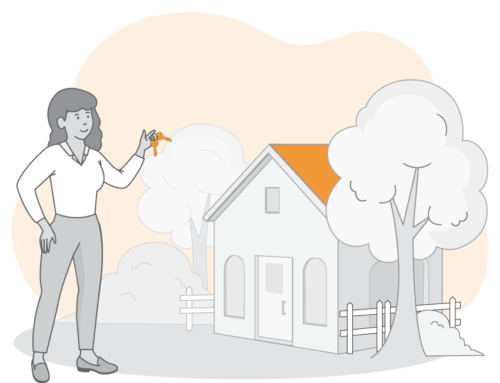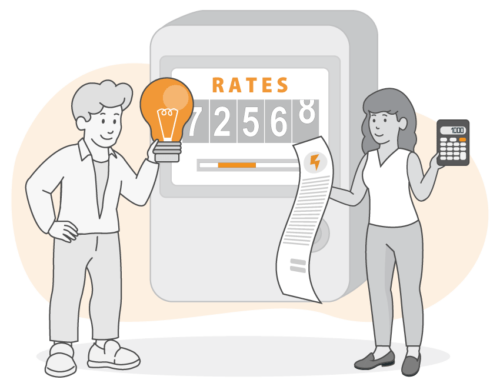Mortgage Basics 101
Although it’s a common term today, the word ‘mortgage’ has a somewhat somber history. The origins of the word mortgage can be traced back to the Latin roots Mortuus Vadium, which translates to the less than cheerful phrase “death pledge.” However, during the Middle Ages, the French replaced the word Vadium with the French word “Gage,” and thus the word Mortgage was coined.
In modern times, mortgages have nothing to do with death pledges but instead refer to the money that individuals borrow to purchase a property, where the loan is secured by the value of the property. For instance, let’s consider the case of Rick and Anna, who want to purchase a $1,000,000 house for their family. They have $200,000 in savings and wish to put 20% down as a down payment, borrowing the remaining $800,000 to buy the property. After discussing their options with a mortgage broker, they decide to borrow $800,000 from Bank X.
However, before Bank X provides them with the loan, they need to ensure that their money is protected and secure against any potential loss. As a result, the bank drafts a mortgage contract that secures the $800,000 against the property, enabling them to recover the property in the event of a default on the mortgage payments. Additionally, the bank charges interest on the loan, which is how they make their profits.
The mortgage contract is not the only way the bank secures its loan. Banks like Bank X also require borrowers to put a certain percentage of their own money into the purchase price, known as owner’s equity. This provides the bank with a layer of protection against a drop in the value of the property. For example, if the housing market dips by 10%, and Rick and Anna’s house is now worth only $900,000, the money the bank loaned would still be secure as they loaned only 80% of the purchase price.
Purchasing a house, investment property, or commercial property for a business typically requires a mortgage from a bank. Our team of mortgage specialists is here to assist you with any questions you may have and guide you through the process of obtaining the best low-rate mortgage for your financing needs.
Mortgage Basics 101
Although it’s a common term today, the word ‘mortgage’ has a somewhat somber history. The origins of the word mortgage can be traced back to the Latin roots Mortuus Vadium, which translates to the less than cheerful phrase “death pledge.” However, during the Middle Ages, the French replaced the word Vadium with the French word “Gage,” and thus the word Mortgage was coined.
In modern times, mortgages have nothing to do with death pledges but instead refer to the money that individuals borrow to purchase a property, where the loan is secured by the value of the property. For instance, let’s consider the case of Rick and Anna, who want to purchase a $1,000,000 house for their family. They have $200,000 in savings and wish to put 20% down as a down payment, borrowing the remaining $800,000 to buy the property. After discussing their options with a mortgage broker, they decide to borrow $800,000 from Bank X.
However, before Bank X provides them with the loan, they need to ensure that their money is protected and secure against any potential loss. As a result, the bank drafts a mortgage contract that secures the $800,000 against the property, enabling them to recover the property in the event of a default on the mortgage payments. Additionally, the bank charges interest on the loan, which is how they make their profits.
The mortgage contract is not the only way the bank secures its loan. Banks like Bank X also require borrowers to put a certain percentage of their own money into the purchase price, known as owner’s equity. This provides the bank with a layer of protection against a drop in the value of the property. For example, if the housing market dips by 10%, and Rick and Anna’s house is now worth only $900,000, the money the bank loaned would still be secure as they loaned only 80% of the purchase price.
Purchasing a house, investment property, or commercial property for a business typically requires a mortgage from a bank. Our team of mortgage specialists is here to assist you with any questions you may have and guide you through the process of obtaining the best low-rate mortgage for your financing needs.




